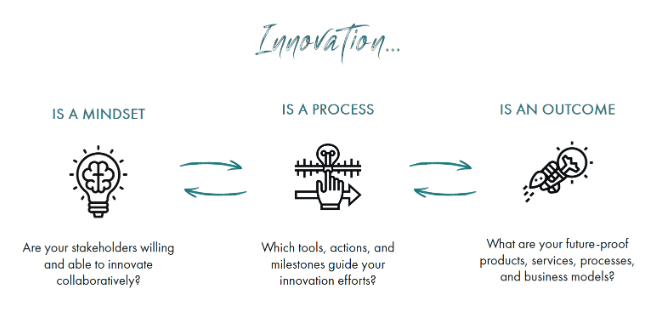Essential Data Science Skills for African Markets
Data science in Africa requires a unique skillset that combines technical expertise with contextual understanding of local markets. This guide outlines the most crucial capabilities for data professionals aiming to succeed in South African and broader African contexts.
Technical Skills
1. Practical Python Programming
Python dominates the African data science landscape due to its versatility and lower resource requirements compared to other languages.
Key libraries to master:
- Pandas for data manipulation
- NumPy for numerical computing
- Scikit-learn for machine learning
- Matplotlib/Seaborn for visualization
2. Data Cleaning & Preprocessing Expertise
Data quality challenges are prevalent across African markets, with inconsistent collection methods, multiple languages, and varying formats.
Essential capabilities:
- Handling missing data systematically
- Standardizing inputs from diverse sources
- Working with multi-language text data
- Creating reproducible cleaning pipelines
3. Pragmatic Machine Learning
African organizations need models optimized for local conditions and constraints, not just state-of-the-art algorithms.
Most valuable techniques:
- Classification for customer segmentation
- Regression for forecasting
- Clustering for market differentiation
- Time series for trend analysis
- Simple, interpretable models that perform well with limited data
4. Mobile-First Visualization
Clear data communication is crucial for driving data adoption in organizations at various stages of data maturity.
Key visualization skills:
- Creating dashboards optimized for mobile devices
- Designing for low-bandwidth environments
- Building visualizations that work across varied devices
- Focusing on clarity and actionable insights
5. SQL & Database Management
Despite the rise of newer technologies, SQL remains the foundation of data access across African enterprises.
Database skills to develop:
- Writing efficient SQL queries
- Working with both SQL and NoSQL systems
- Designing sensible database schemas
- Implementing ETL processes
Domain & Market Knowledge
6. African Market Understanding
Generic global approaches often fail without adaptation to local contexts, economies, and business environments.
Important market knowledge:
- Understanding informal economy dynamics
- Recognizing regional business practices
- Adapting models for limited data environments
- Accounting for infrastructure challenges
7. Industry-Specific Expertise
Different sectors have unique data challenges and opportunities across African markets.
High-value industry knowledge:
- Financial services: Alternative credit scoring models
- Telecommunications: Network optimization in challenging terrain
- Agriculture: Smallholder farmer solutions
- Healthcare: Resource allocation with limited infrastructure
Professional Skills
8. Resourceful Problem-Solving
Resource constraints and unique challenges require creative approaches and adaptability.
Problem-solving approaches:
- Developing solutions for low-connectivity environments
- Creating models that work with limited computational resources
- Finding alternatives to data-intensive methods
- Implementing "offline-first" approaches
9. Business Impact Communication
Translating technical work into business value is essential in environments where data initiatives compete for limited resources.
Communication skills to master:
- Explaining technical concepts to non-technical stakeholders
- Quantifying the ROI of data projects
- Creating compelling data narratives
- Building data literacy within organizations
10. Cross-Cultural Collaboration
Data teams in Africa often span diverse backgrounds, languages, and locations.
Collaboration capabilities:
- Working effectively across cultural contexts
- Communicating in multiple languages (when possible)
- Bridging technical and business perspectives
- Leading remote and distributed teams
Developing Your African Data Science Skillset
To build this unique combination of skills:
- Participate in African data competitions on platforms like Zindi to solve local challenges
- Contribute to open-source projects addressing African problems
- Network with data professionals across the continent to understand regional differences
- Take on projects in multiple industries to build domain expertise
- Focus on creating practical impact rather than just technical sophistication
Final Thoughts
The most successful data scientists in African markets combine technical excellence with deep understanding of local contexts. While technical skills form the foundation, the ability to adapt global best practices to African realities ultimately determines your impact and career trajectory.
By developing this unique skillset, you'll position yourself for success in Africa's rapidly evolving data landscape, where the opportunity to create meaningful impact through data is unparalleled.



